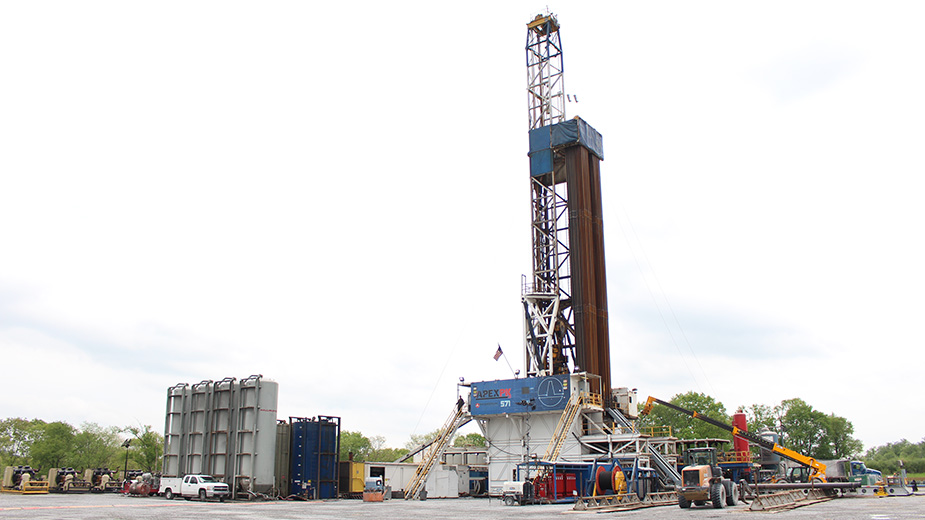University Releases Research on Fracking and Groundwater
YOUNGSTOWN, Ohio – The University of Cincinnati has released research in the form of a master’s thesis that shows hydraulic fracturing had no impact on groundwater samples taken in Carroll County over a two-year period.
The thesis is part of a scientific study that university researchers conducted in order to evaluate whether the practice of hydraulic fracturing was responsible for contaminating groundwater near natural gas well sites in the Utica shale.
“Based on the carbon and hydrogen stable isotope data along with the relatively consistent measurements within individual wells over the study period, we have found no evidence for natural gas contamination from shale oil and gas mining in any of the sampled groundwater wells of our study,” concludes Elizabeth Claire Botner, who submitted the research for consideration of her Master of Science degree.
Hydraulic fracturing is a drilling-completion technique that involves injecting water, sand, and chemicals into a well at high pressure in order to break up tightly packed rock formations so trapped oil and gas can be released.
The paper acknowledges that past studies have found evidence that natural gas wells contaminated aquifers in Pennsylvania because of defective well construction and leakage from well casings. However, the Utica shale is younger play, and “firms may be using safer well construction practices in the relatively newer drilling area of the Utica shale to avoid leakage from well casings.”
Groups in support of the oil and gas industry and elected officials had called on the university to release all of its findings pertaining to the study. In February, university researches told an anti-fracking group in Carroll County that the results showed no evidence that hydraulic fracturing contaminated any groundwater in the study.
The university said it plans to publish the full study in a scientific journal and in the meantime released the master’s thesis.
The study consisted of analyzing 191 water samples from private water wells in Carroll County that were taken before, during, and after nearby horizontal wells were drilled. Carroll County was selected because it holds the most wells drilled in the Utica shale to date.
There were a few samples that contained high levels of methane, but the research determined that coal bed methane and not hydraulic fracturing caused the contamination.
Copyright 2024 The Business Journal, Youngstown, Ohio.



